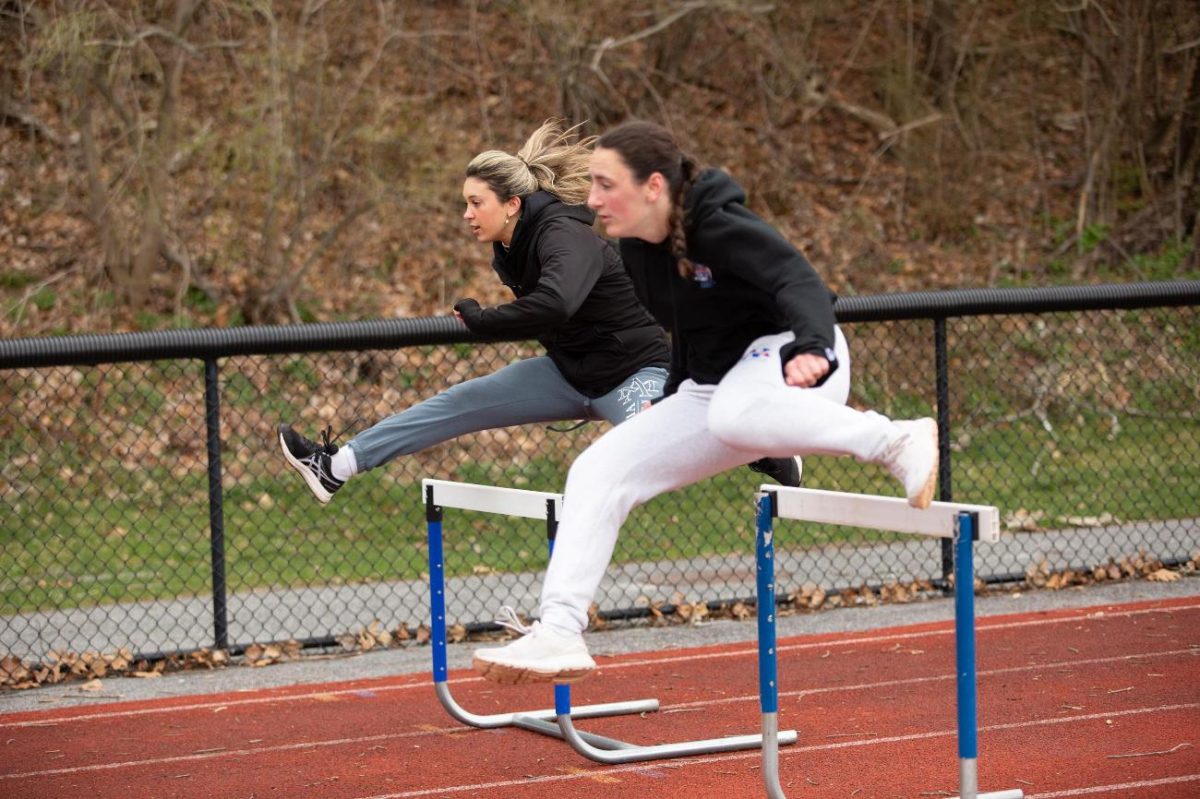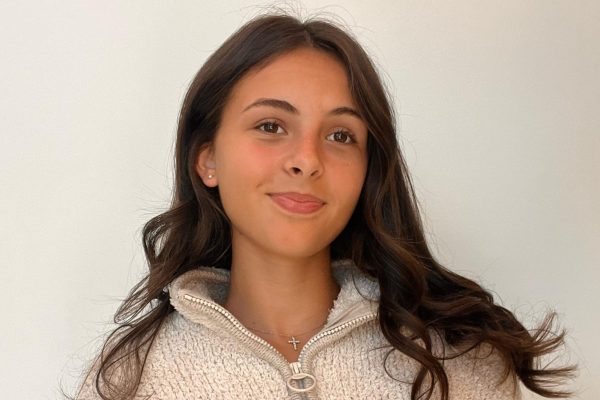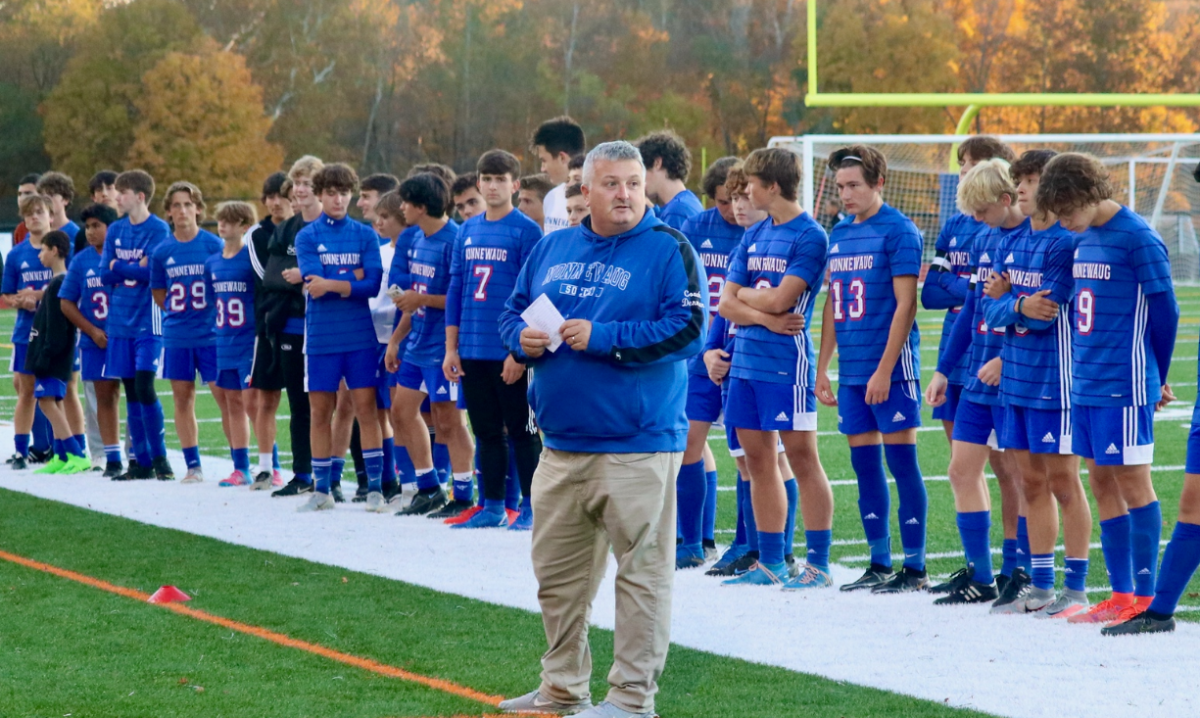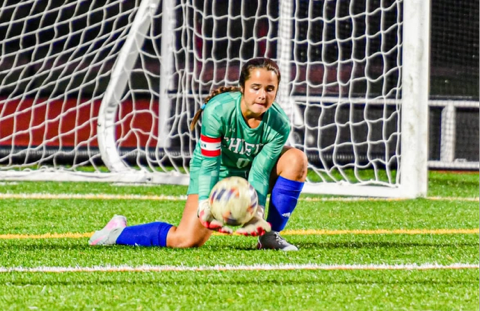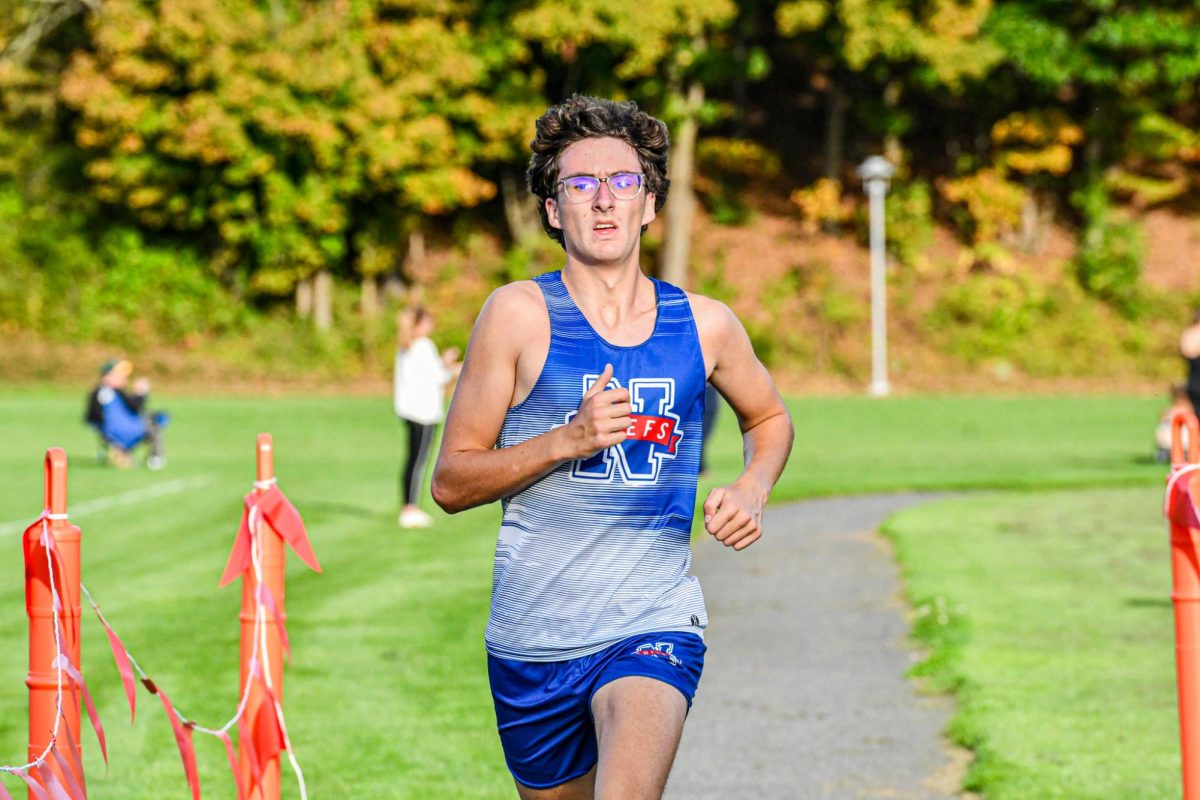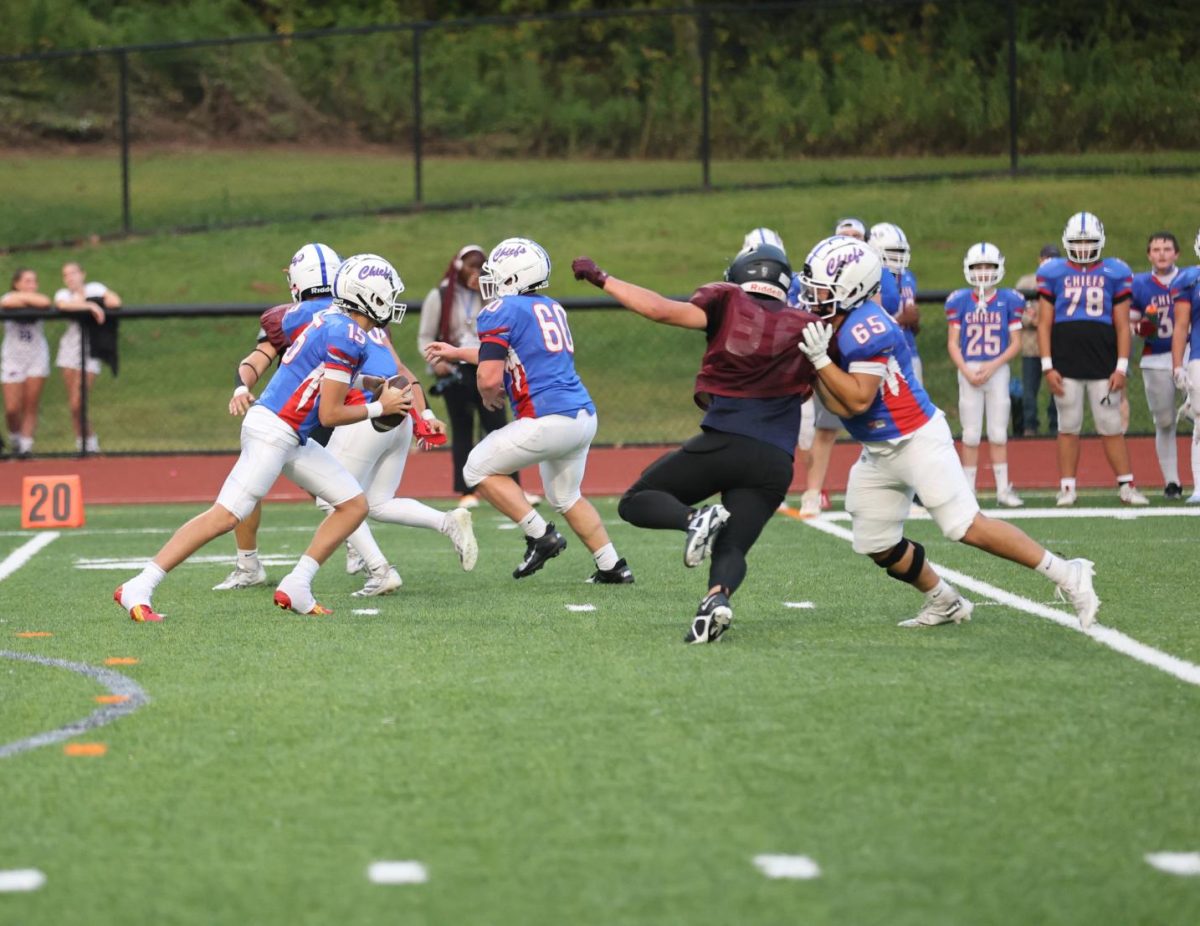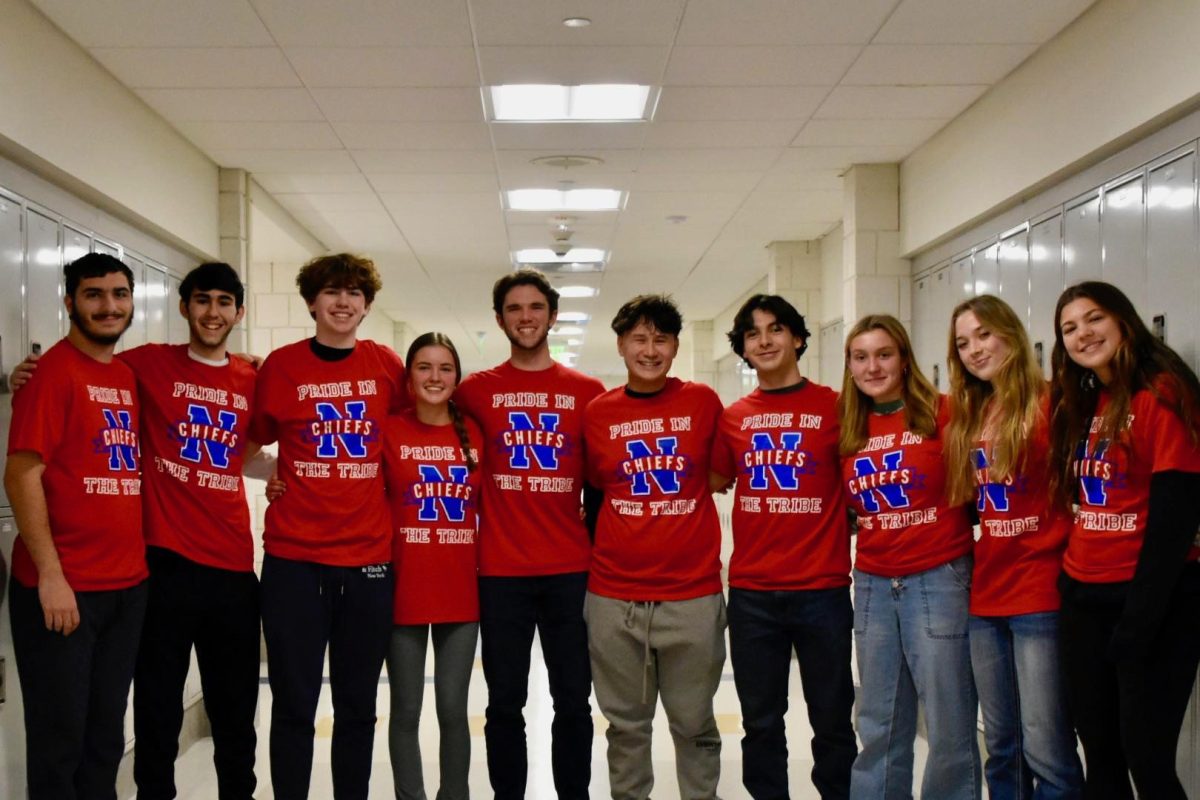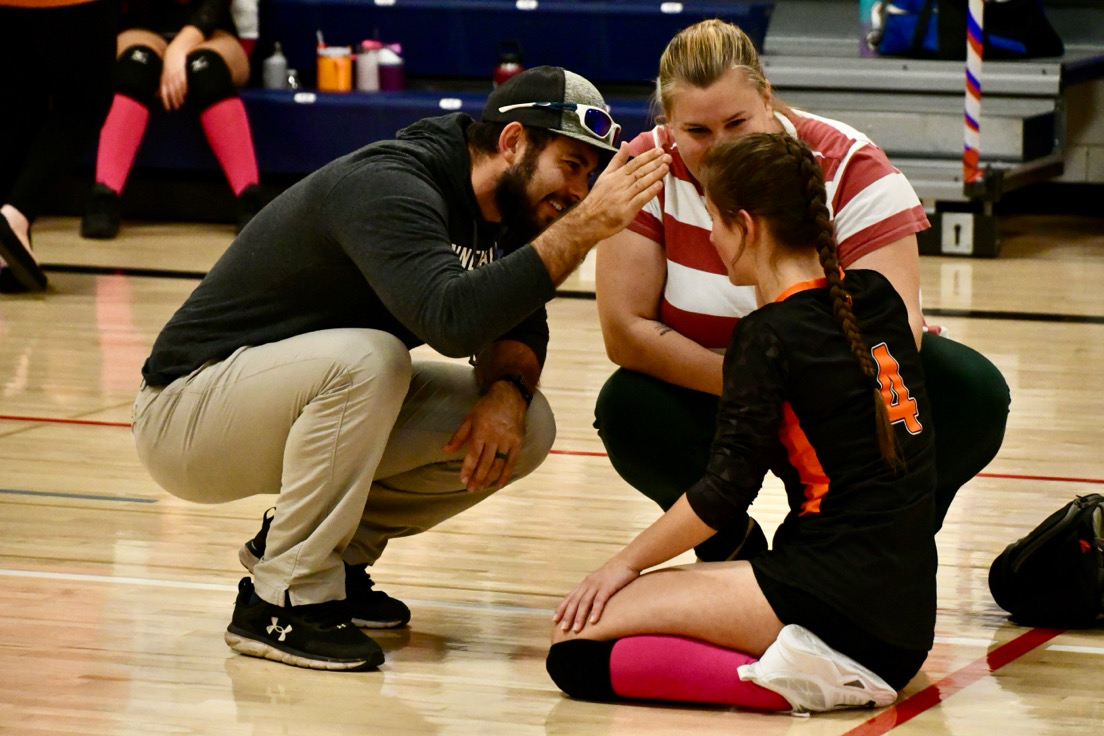WOODBURY — Imagine having to coach 18 different sports at once — that’s what being a track coach is like.
Though a lot of events are similar, Nonnewaug boys track and cross country coach Deborah Flaherty thinks that it can be difficult to have all of the athletes get what they need in practices and meets. This year, now that there are more coaches, it makes this challenge easier.
“It is a lot of work on the up-front side [of planning practices], but it is golden having other coaches oversee [practice],” Flaherty said. “Last year I could only be in one place at one time, so I used to have to use leader kids to say, ‘Here is the workout; make sure everybody is doing it.’ That’s totally different than having a coach that’s watching form and technique and really pushing the kids to their maximum potential.”
Flaherty uses all of the coaches that are available now to make managing practices easier.
“The events can be broken into throws, jumps and running events, and there is even further breakdown from there, and we also have the weight room,” Flaherty said. “So Mr. [Adam] Lengyel had been coaching the weight room and also helping with some conditioning stations, while the other coach [Joe] Flaherty had been working with throwers. Coach [Lauren] Bresson is a middle and distance coach at heart. And then we have Coach [Ty] Breece, who is a hurdler and a sprinter. And of course then there is [girls] coach [Arleigh] Duff and myself.”
NHS junior thrower Harlen Bass agrees that the new coaches help make practice easier.
“It’s so much better now because now we have dedicated running coaches, dedicated jumping coaches, we have dedicated coaches for the boys and girls teams, and a dedicated throwing coach again, which is really nice,” Bass said. “It’s really just so much easier because now you get that one-on-one. It has gotten better over the years because there are more coaches now. Like 1-2 years ago when it was just Flaherty and Arleigh, Practice was pretty much the same, but you weren’t able to get as much individual attention.”
Flaherty tries to improve training for all of the different kinds of athletes who have to work on different things.
“I come up with the workouts and kind of delegate them out to the different coaches,” Flaherty said.
Flaherty says that coaching cross country is logistically easier because there’s only one event to prepare for.
“The difference is in cross country it’s 3.1 miles every time, [but in track,] today I’m doing an 800 [meters] and another day I might be working on a 400,” Flaherty said. “Are we working on a mile workout or are we working on 200s [or] 100s? These benchmarks are different for everyone. There are 18 events and I need benchmarks for them, and in cross country it’s one [event]. Also, I have 45 kids on [boys] track and I have 17 on [boys] cross country.”
Having a lot of different areas to focus in also affects athletes that are trying to make the most of their practice.
“I just put my time into what I need to work on,” says freshman jumper and mid-distance runner Max Nichols, “and focus less on what I am more consistent with.”



